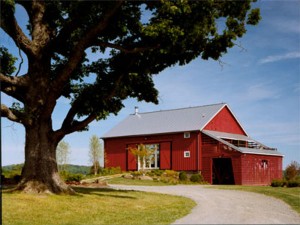
No Short Cuts
No longer do I call you servants, for the servant does not know what his master is doing; but I have called you friends, for all that I have heard from my Father I have made known to you.
John 15:15
We get impatient, we do want it all now. We are spoiled by all our high speed technological gizmos. As twenty-first century technology addicts, we have electronic devices that give us everything and everyone at our disposal. With the touch of one finger, we talk to Africa or order lunch across town.
However, we stop “walking in the Spirit” the moment our battery fails, a program locks-up, or an application fails to load. We complain when the internet is down and when our phone coverage is not 4G perfect. We want everything to work NOW with no glitches. Otherwise, we have a hissy fit and make sure that the appropriate customer service representative knows our frustration. We dismiss our bad behavior as genuine concern for the benefit of other customers who might have the same problem. We fail to see that our impatience is sin.
In many ways, our attitude toward technology has been transposed into our relationship with God. God must answer our prayers instantly in no more than a few kilobyte seconds. No waiting list for us: our needs must be prioritized, and therefore, ranked first in the Kingdom. Our prayer life is a series of one-liners: we treat God like a Facebook friend or Twitter account.
However, there are no speedy shortcuts to developing a relationship with God. Prayer, study, meditation, fellowship, and the sacraments cannot be performed with an app or a touch on a screen. God is more concerned with developing a relationship with us than he is answering our wishes and desires instantaneously. No iphone application exists as a shortcut for an enduring relationship with God.
In my creature impatience I am often caused to wish that there were some way to bring modern Christians into a deeper spiritual life painlessly by short easy lessons; but such wishes are vain. No short cut exists. God has not bowed to our nervous haste nor embraced the methods of our machine age.
It is well that we accept the hard truth now: the man who would know God must give time to Him. He must count no time wasted that is spent in the cultivation of His acquaintance. He must give himself to meditation and prayer hours on end.
So did the saints of old, the glorious company of the apostles, the goodly fellowship of the prophets and the believing members of the holy Church in all generations. And so must we if we would follow in their train.
A. W. Tozer, God’s Pursuit of Man (Camp Hill, PA: Wingspread, 1950), 5.


